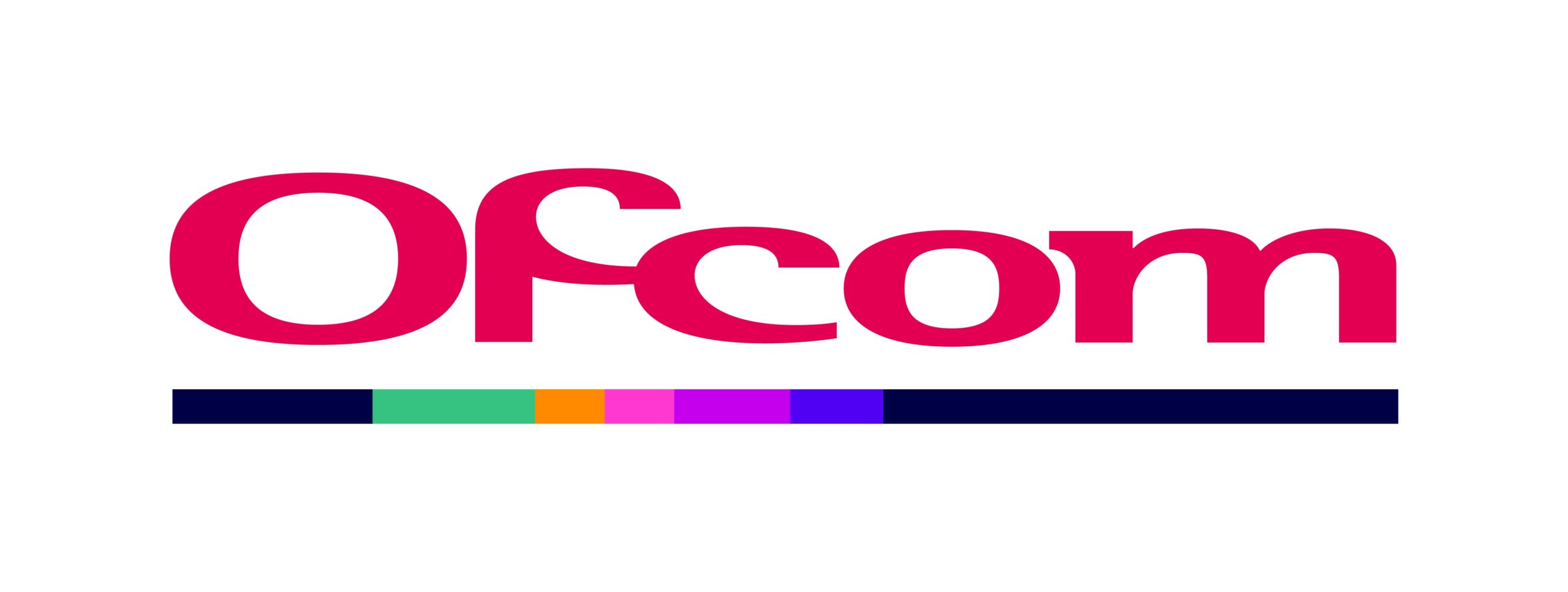Also available in:
Deutsch (German)
Ofcom, the UK’s communications regulator, has now published mandatory guidelines to ‘protect children from pornography and other harmful content’. Accordingly, website operators will be obliged to use ‘highly effective’ age verification systems (AVS) from July 2025.
However, the new regulations are not uncontroversial. In general, the ‘harmful effect’ of pornography – on whomsoever – has never been scientifically proven despite all efforts. Nevertheless, youth protection organisations around the world use this claim to justify stricter regulations. Another claim, according to which ‘pornography brutalises young people’, has long been refuted. See our book review by sexologist Madita Oeming: https://caszin.com/buchrezension-porno-eine-unverschaemte-analyse-von-madita-oeming/
As is so often the case, youth protection organisations are once again skirting the edge of censorship – sometimes on this side, sometimes on that.
Ofcom defines this: “Services that allow pornography must introduce processes to check the age of users: all services which allow pornography must have highly effective age assurance processes in place by July 2025 at the latest to protect children from encountering it. The Act imposes different deadlines on different types of providers. Services that publish their own pornographic content (defined as ‘Part 5 Services[6]) including certain Generative AI tools, must begin taking steps immediately to introduce robust age checks, in line with our published guidance. Services that allow user-generated pornographic content – which fall under ‘Part 3’ services – must have fully implemented age checks by July.”
What does highly effective age verification mean?
Ofcom does not currently have a specific recommendation – as is the case with the German KJM – regarding authorised providers of AVS. Nevertheless, the guideline at least gives an indication of where the journey is heading:
- “confirms that any age-checking methods deployed by services must be technically accurate, robust, reliable and fair in order to be considered highly effective;
- sets out a non-exhaustive list of methods that we consider are capable of being highly effective. They include: open banking, photo ID matching, facial age estimation, mobile network operator age checks, credit card checks, digital identity services and email-based age estimation;
- confirms that methods including self-declaration of age and online payments which don’t require a person to be 18 are not highly effective;
- stipulates that pornographic content must not be visible to users before, or during, the process of completing an age check. Nor should services host or permit content that directs or encourages users to attempt to circumvent an age assurance process; and
- sets expectations that sites and apps consider the interests of all users when implementing age assurance – affording strong protection to children, while taking care that privacy rights are respected and adults can still access legal pornography.”
The sometimes vague formulations are already familiar from other youth protection organisations. One thing is certain: providers in the UK in particular are likely to have their work cut out for them – unless they have already introduced AVS due to regulations in other countries. This should largely apply to what is probably the largest UK-based provider of adult content: Fenix Ltd. of OnlyFans.
More Infos:
https://www.ofcom.org.uk/online-safety/protecting-children/age-checks-to-protect-children-online
http://www.ofcom.org.uk/adultsonly

